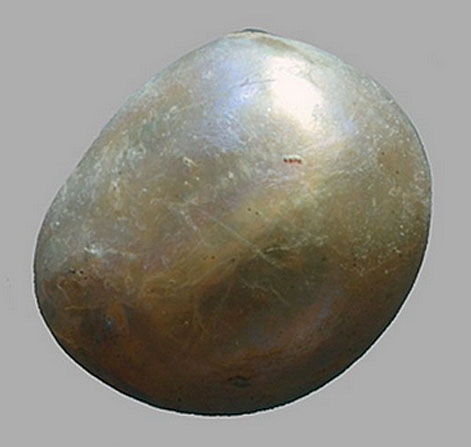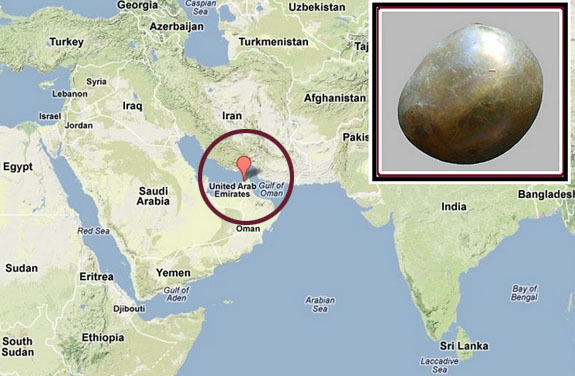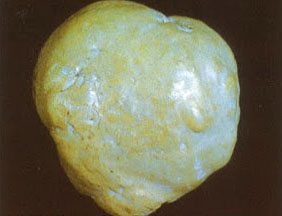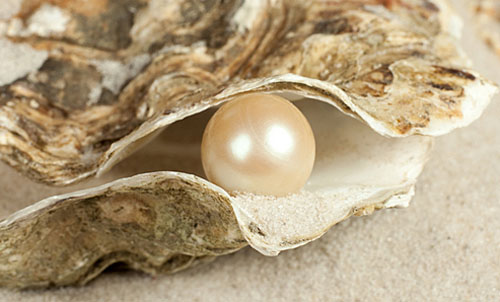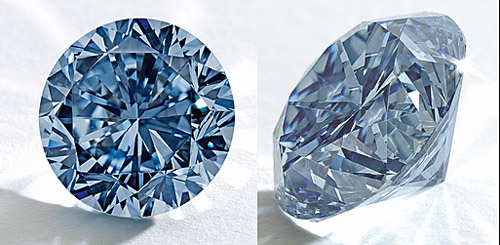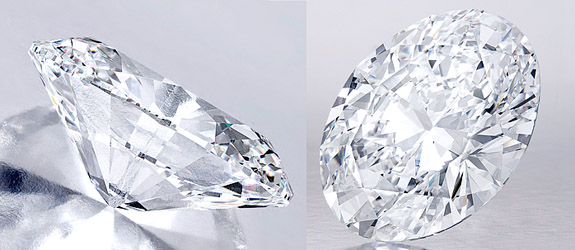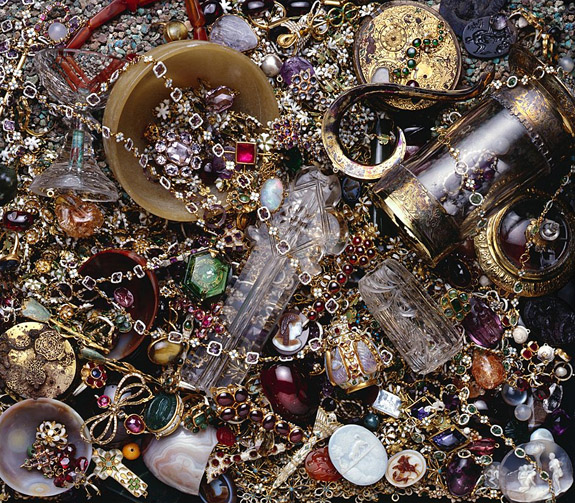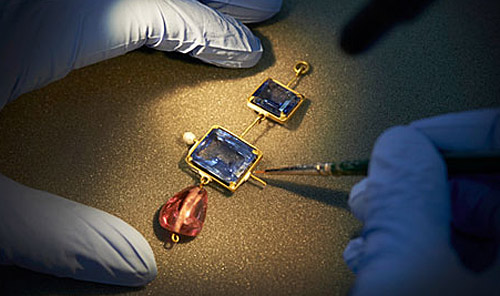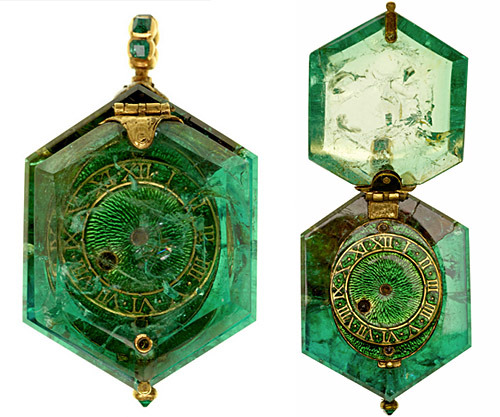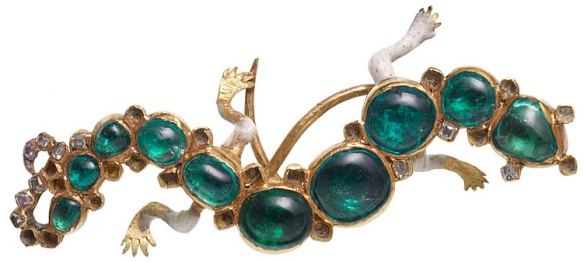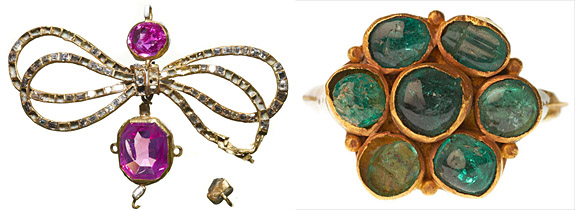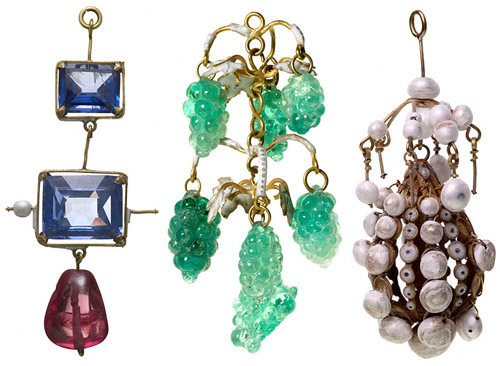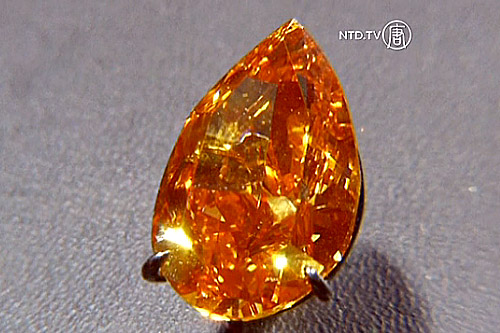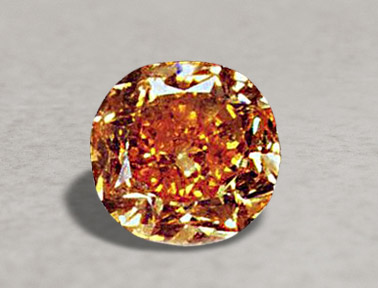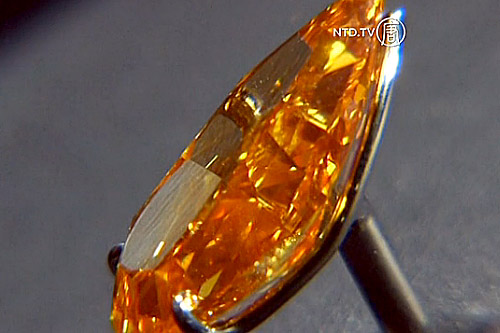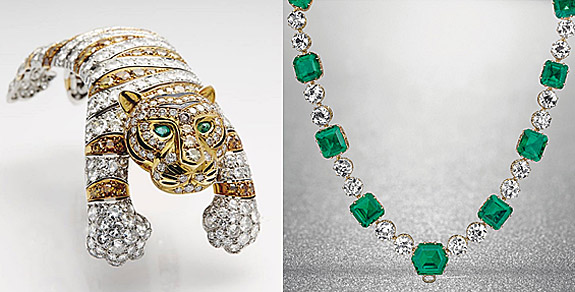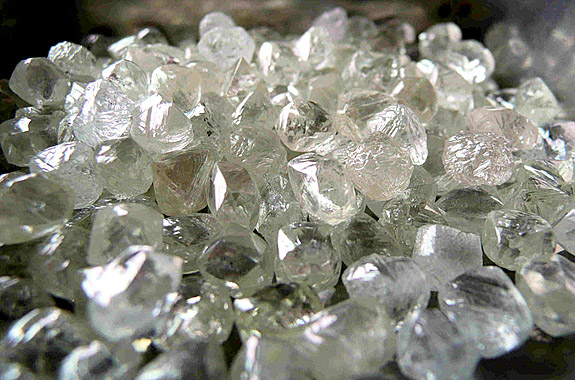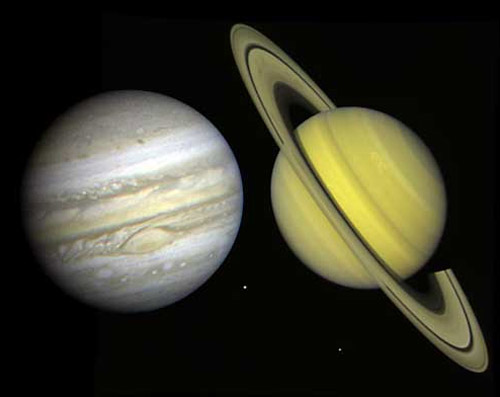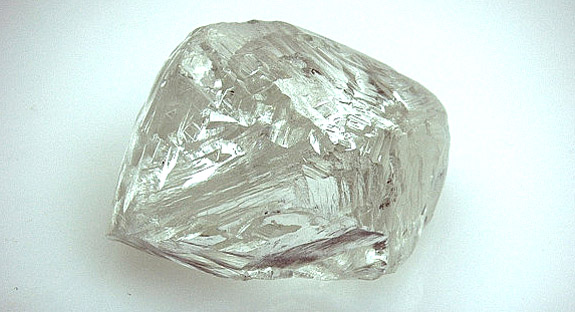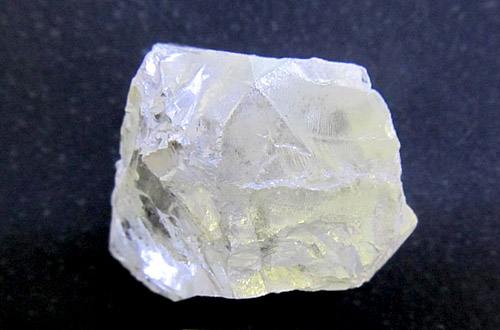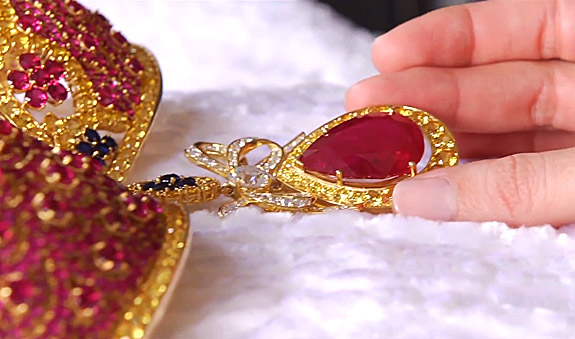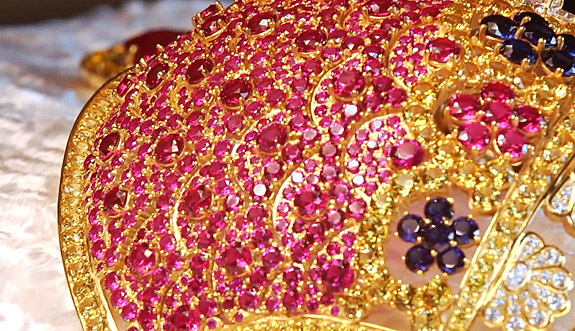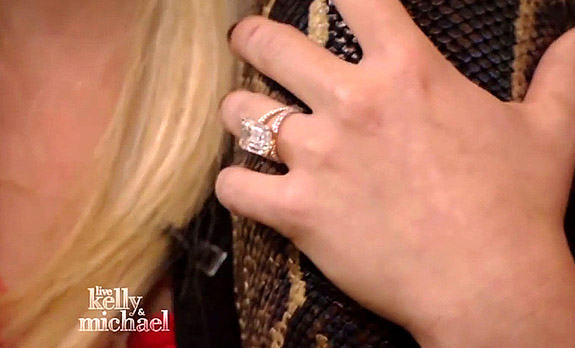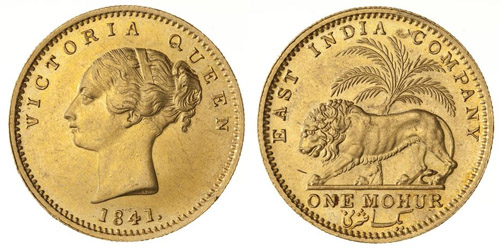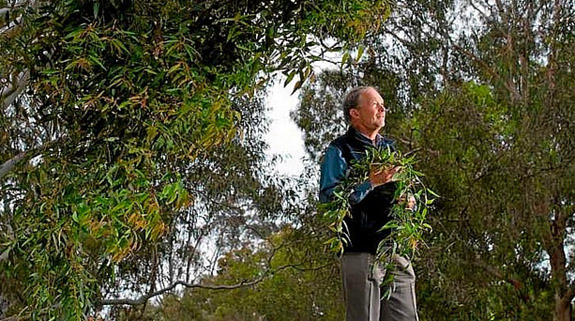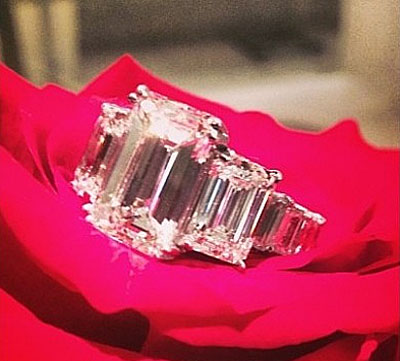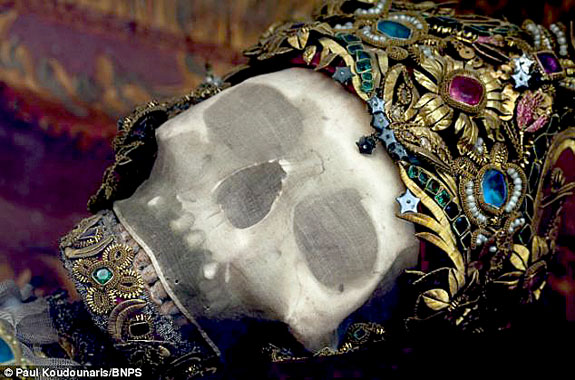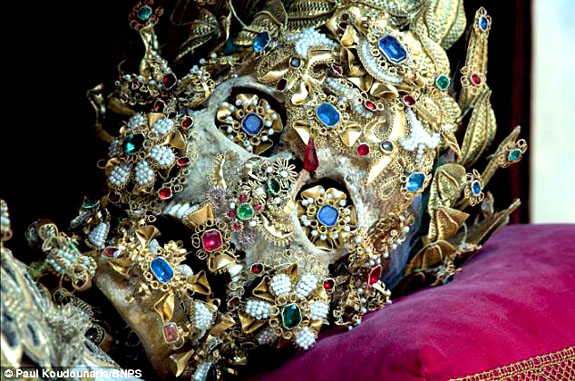October 1st, 2013
Proving once again how creative and artistic Mother Nature can be, we introduce you to the Welo opal from Ethiopia, a newly discovered gem with internal structures so colorful and complex that some seem to display fantastical scenes from under the sea.

Discovered recently in the Welo Amhara Regional State Highland plateau about 10,000 feet above sea level, the unusual opal presents the brilliant iridescent colors of more conventional opal specimens — with a major twist. The Welo opal magically opens up a window to a brilliant underwater world where miniature fronds of seaweed seem to float amid shafts of brilliant sunlight filtering through the water’s surface.

Opal — one of the official gemstones for the month of October — is special because no two specimens are ever alike. An opal's internal structure makes it diffract light, causing the gem to shine and sparkle in an ever-changing kaleidoscope of colors that experts describe as “opalizing." In some of the finest opals, every color of the spectrum is visible.
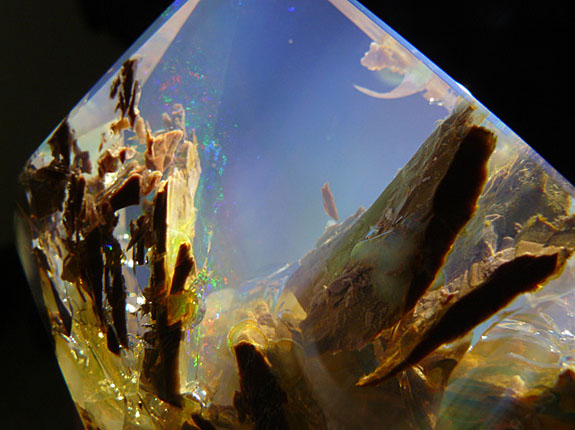
Almost 95 percent of all fine opals come from the dry and remote outback deserts of Australia, but the discovery of the amazing Welo opal has put the exceptional, but rare, Ethiopian variety on the map.
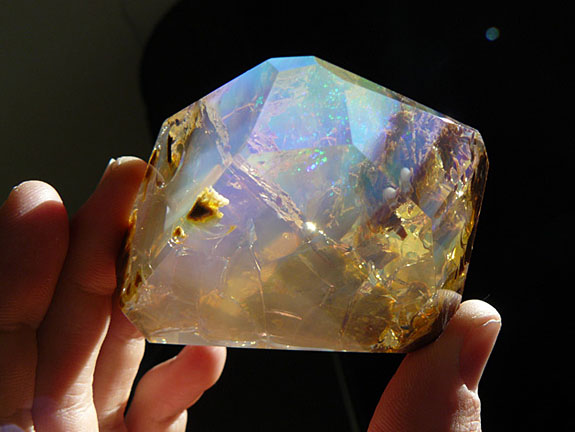
Interestingly, anthropologists have discovered opal tools in North Africa that date back to 4,000 B.C. This suggests that North Africans — and not Australians — were the first to mine opals.

Discovered recently in the Welo Amhara Regional State Highland plateau about 10,000 feet above sea level, the unusual opal presents the brilliant iridescent colors of more conventional opal specimens — with a major twist. The Welo opal magically opens up a window to a brilliant underwater world where miniature fronds of seaweed seem to float amid shafts of brilliant sunlight filtering through the water’s surface.

Opal — one of the official gemstones for the month of October — is special because no two specimens are ever alike. An opal's internal structure makes it diffract light, causing the gem to shine and sparkle in an ever-changing kaleidoscope of colors that experts describe as “opalizing." In some of the finest opals, every color of the spectrum is visible.

Almost 95 percent of all fine opals come from the dry and remote outback deserts of Australia, but the discovery of the amazing Welo opal has put the exceptional, but rare, Ethiopian variety on the map.

Interestingly, anthropologists have discovered opal tools in North Africa that date back to 4,000 B.C. This suggests that North Africans — and not Australians — were the first to mine opals.





